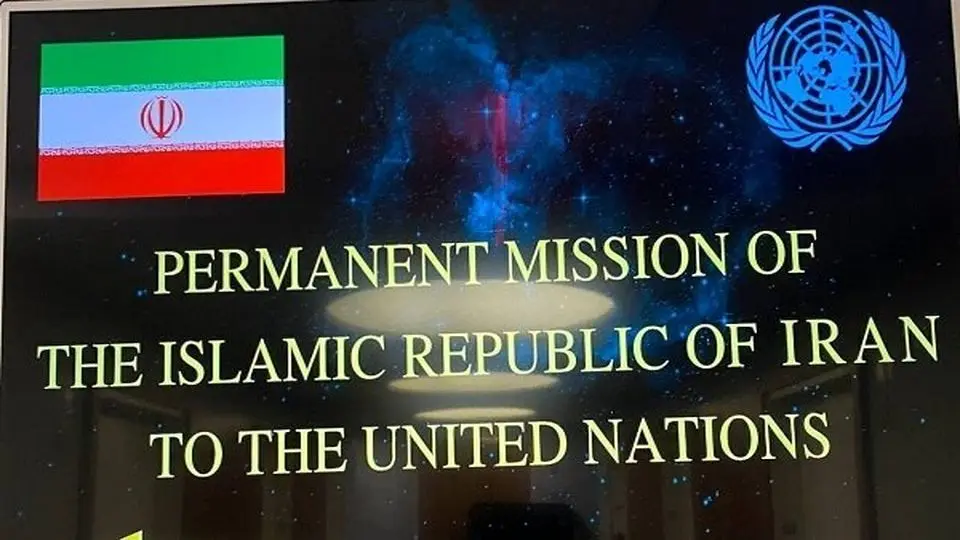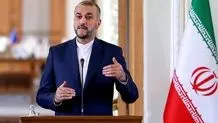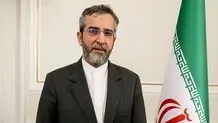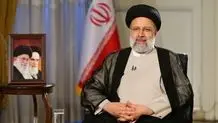World should stand up to Israel's nuclear rhetoric: Iran
Iran has called on the international community to stand up to "nuclear rhetoric" by the Israeli regime, which recently called for a "nuclear threat" against the Islamic Republic.

MEHR: Iran has called on the international community to stand up to "nuclear rhetoric" by the Israeli regime, which recently called for a "nuclear threat" against the Islamic Republic.
Iran’s permanent mission to the United Nations Office and other international organizations in Geneva made the call on Tuesday, on the occasion of the International Day for the Total Elimination of Nuclear Weapons.
"September 26, marks the International Day for the Total Elimination of Nuclear Weapons. Iran, as the victim of WMD (weapons of mass destruction) in contemporary history, is committed to this end and decisively, along with other peace-loving nations, will follow the cause of a Nuclear Weapons Free World," the Iranian mission wrote in a post on X, the social media network used to be known as Twitter.
Days earlier, the Israeli regime's Prime Minister Benjamin Netanyahu had addressed the 78th session of the United Nations General Assembly (UNGA), calling for a "credible nuclear threat" against Iran.
"The international community should reject and condemn any normalization of nuclear rhetoric and, in particular, the threat of use of nuclear weapons, as made at #UNGA78 by the Israeli regime prime minister, which only serves to undermine the international peace and security," the Iranian mission added.
During his speech, Netanyahu warned about the "curse of a nuclear Iran," alleging "...as long as I’m prime minister of Israel, I will do everything in my power to prevent Iran from getting nuclear weapons."
Iran’s diplomatic delegation at the UN dismissed Netanyahu’s speech as a "comedy show," saying "The baseless allegations made by Israeli officials no longer fool anyone."
Speaking on Sunday, Iranian Foreign Minister Hossein Amir-Abdollahian also said no one took Netanyahu’s baseless anti-Iran accusations and threats seriously as the occupying regime was in its "weakest state" amid internal crises.
Tehran has repeatedly declared that its nuclear program remains purely peaceful as always and that the Islamic Republic had no intention of developing nuclear weapons as a matter of Islamic and state principles.
Leader of the Islamic Revolution Ayatollah Seyyed Ali Khamenei has issued an official fatwa (religious decree) clearly establishing that any form of acquisition, development, and use of nuclear weapons violated Islamic principles and were therefore forbidden.
Iran proved the peaceful nature of its nuclear program to the world by signing the 2015 Iran nuclear deal, officially called the Joint Comprehensive Plan of Action (JCPOA) with six world powers, but the United States later quit it.
Israel, however, which pursues a policy of deliberate ambiguity about its nuclear weapons, is estimated to harbor 200 to 400 nuclear warheads in its arsenal, making it the sole possessor of non-conventional arms in West Asia.
The regime has, nevertheless, refused to either allow inspections of its military nuclear facilities or sign the Nuclear Non-Proliferation Treaty (NPT).




